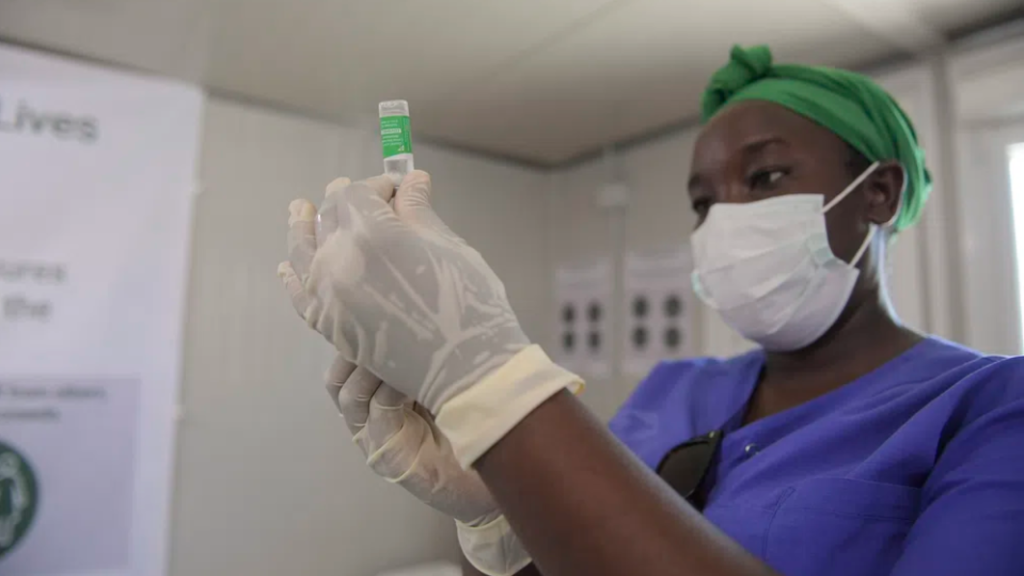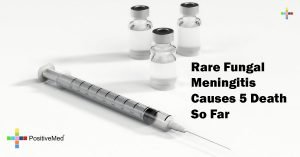
A new report from the Centers for Disease Control and Prevention (CDC) sheds light on the elevated risk of COVID-19 reinfection faced by individuals with HIV. Researchers analyzed data from Chicago residents spanning from the onset of the pandemic in March 2020 to May 2022, revealing concerning trends among those living with HIV. Understanding these risks is crucial for tailoring future COVID-19 public health guidance and prevention strategies for this vulnerable population.
Key Findings:
- Increased Risk of Reinfection: Among over 453,000 Chicago residents who tested positive for COVID-19, approximately 5% experienced reinfection. Notably, individuals with HIV had a higher reinfection rate of 6.7% compared to 5.2% among those without HIV.
- Vaccination Status: People with HIV were more likely to have completed a primary COVID-19 vaccine series along with a booster (31.8%) compared to those without HIV (27%). Despite vaccination, reinfection rates remained elevated in this group.
- Demographic Disparities: Individuals who were reinfected were more likely to be male, older, and from Black or African American backgrounds, highlighting disparities in reinfection risks among different demographic groups.
- ART and Immune Compromise: HIV weakens the immune system, making individuals susceptible to COVID-19, especially if they are not on antiretroviral therapy (ART). ART, which suppresses viral load, significantly improves immune function. Immunocompromised individuals, including those with HIV, face higher risks of reinfection.
Implications and Recommendations:
- Tailored Prevention Strategies: The study emphasizes the need for tailored guidance and prevention messaging for people with HIV to reduce their elevated risk of SARS-CoV-2 reinfections. Understanding the association between HIV infection and COVID-19 reinfections informs the necessity for additional doses as part of the primary series, booster shots, and optimized ART.
- Strengthening Public Health Recommendations: Surveillance data, as showcased in this study, are invaluable for strengthening public health recommendations. By incorporating these findings, healthcare providers and policymakers can enhance preventive measures and optimize vaccination strategies, ensuring the safety of immunocompromised individuals.
- Limiting SARS-CoV-2 Transmission: Tailored interventions not only protect individuals with HIV but also contribute to limiting the overall transmission of SARS-CoV-2. By addressing the unique challenges faced by this population, public health efforts can work towards a more comprehensive and inclusive approach to combating COVID-19.
Addressing Vulnerabilities in the Face of COVID-19
The CDC’s study highlights the vulnerabilities faced by individuals with HIV concerning COVID-19 reinfections. These findings underscore the importance of tailored prevention strategies, comprehensive healthcare support, and continued research to safeguard the health of this at-risk population. By acknowledging these challenges and implementing targeted interventions, public health efforts can move closer to a more equitable and effective response to the ongoing COVID-19 pandemic.





